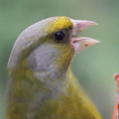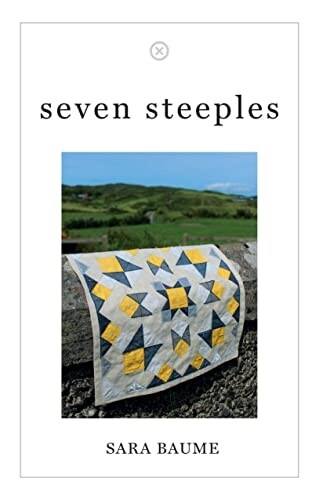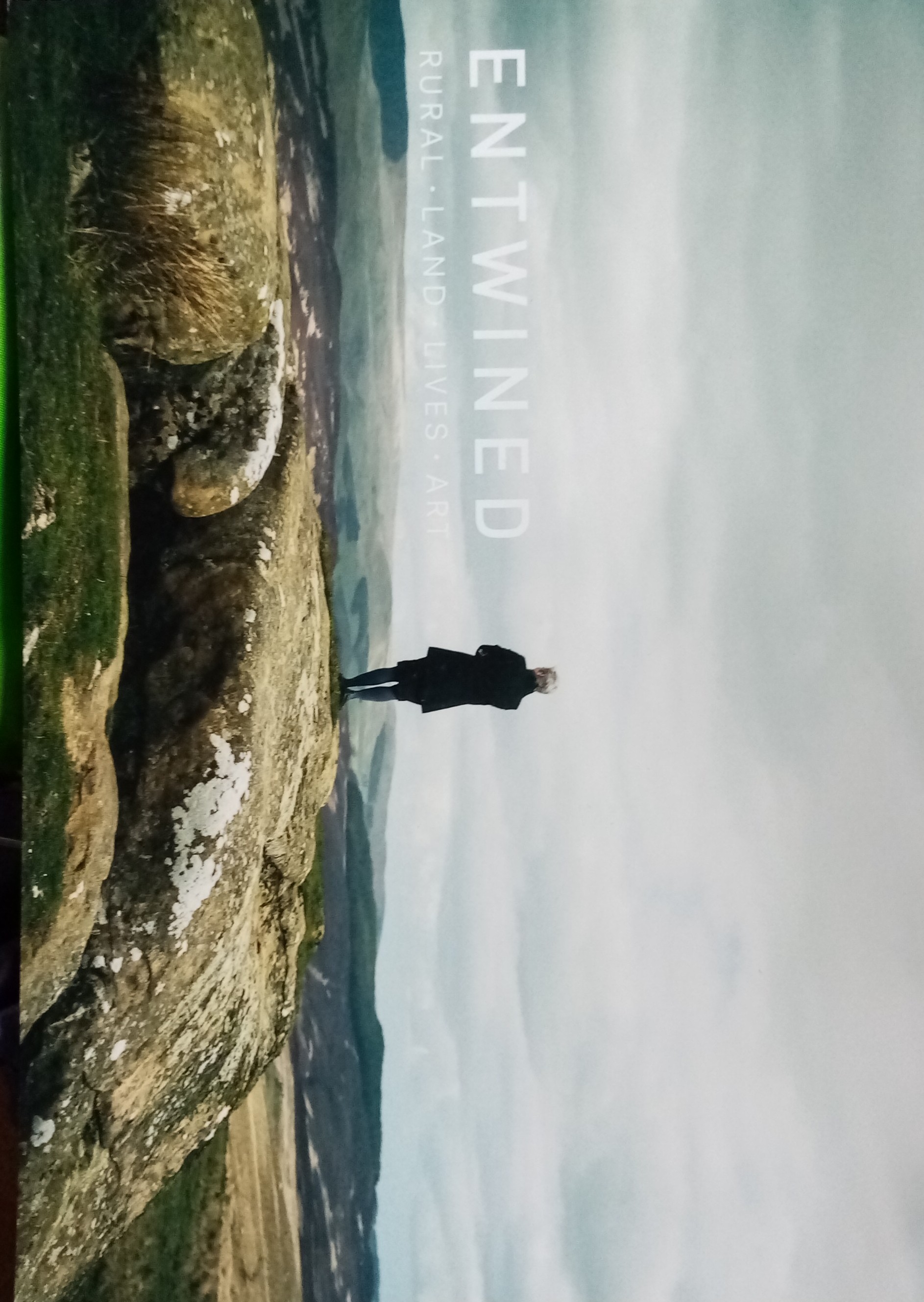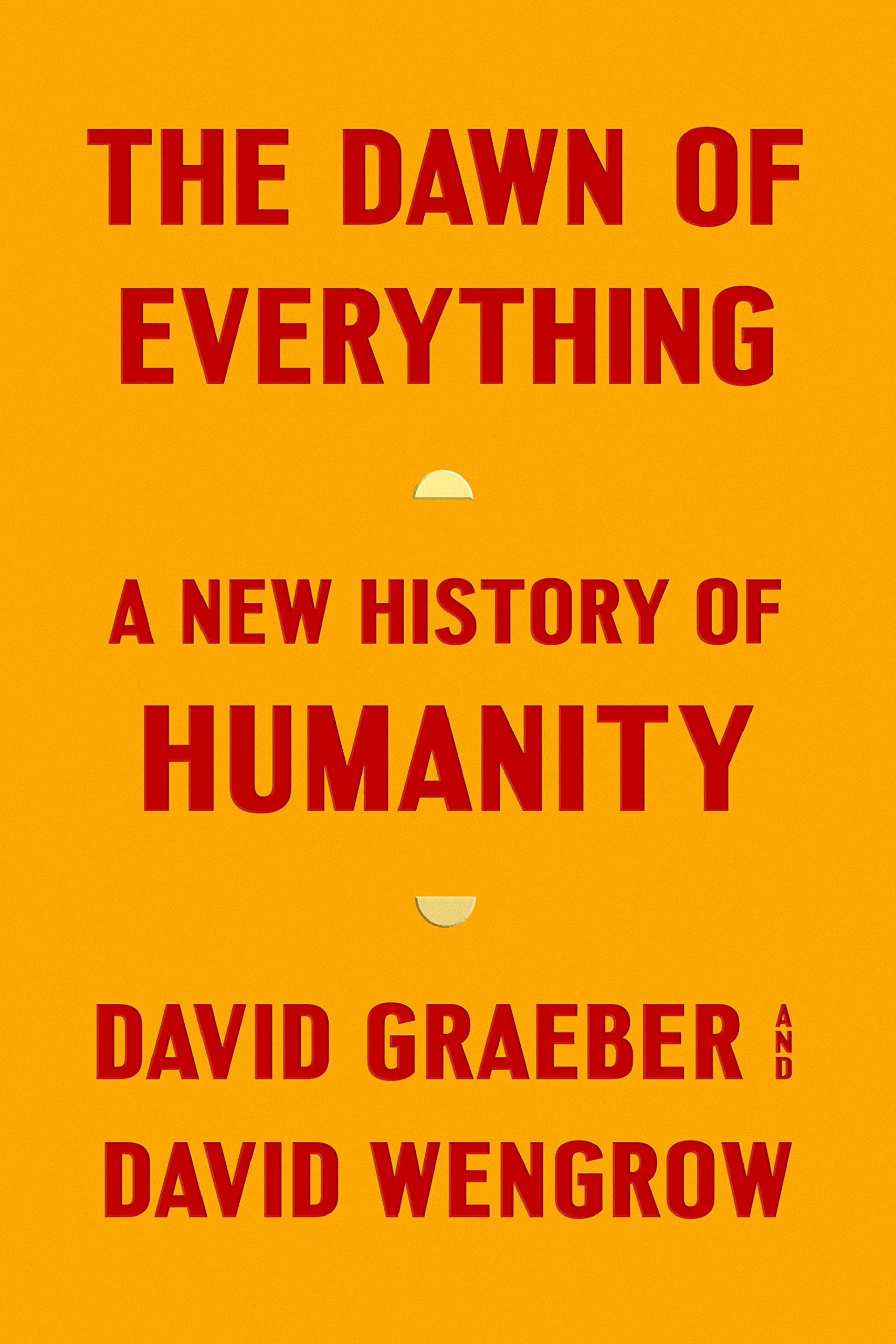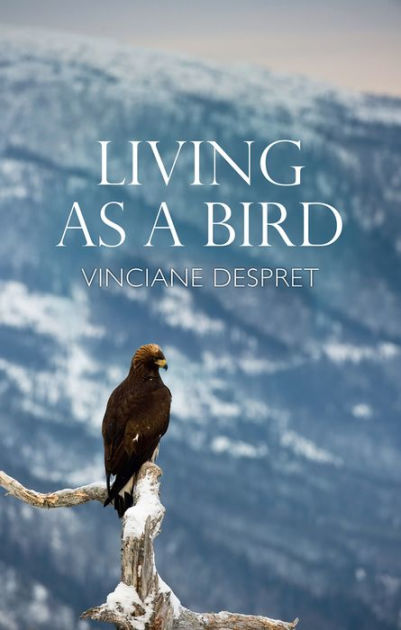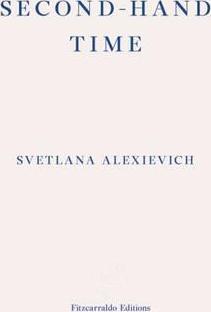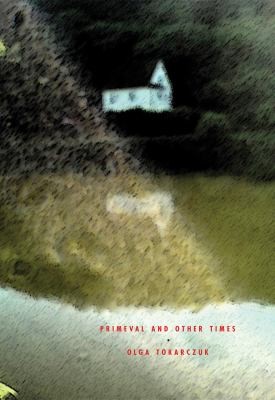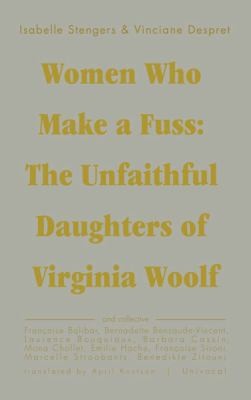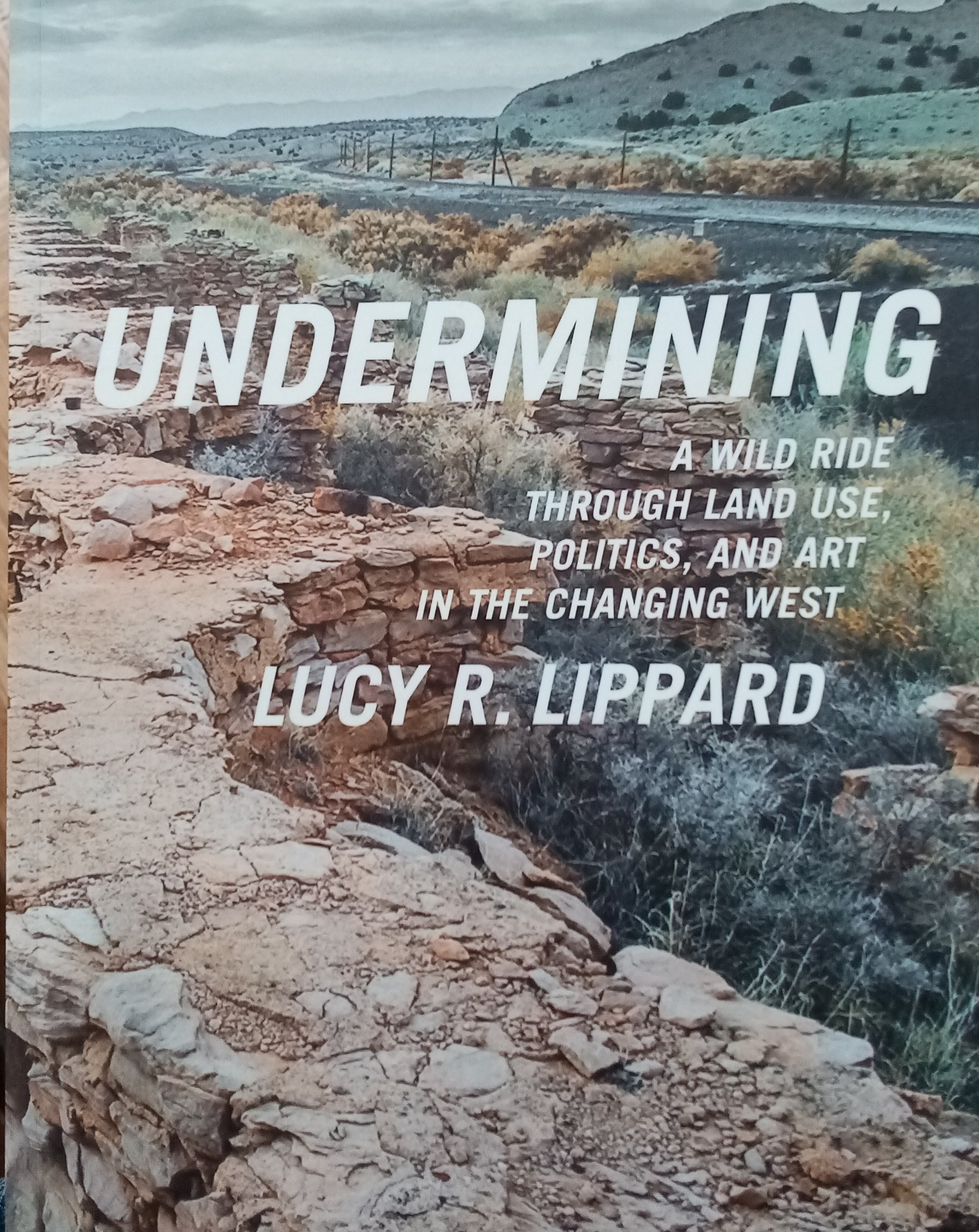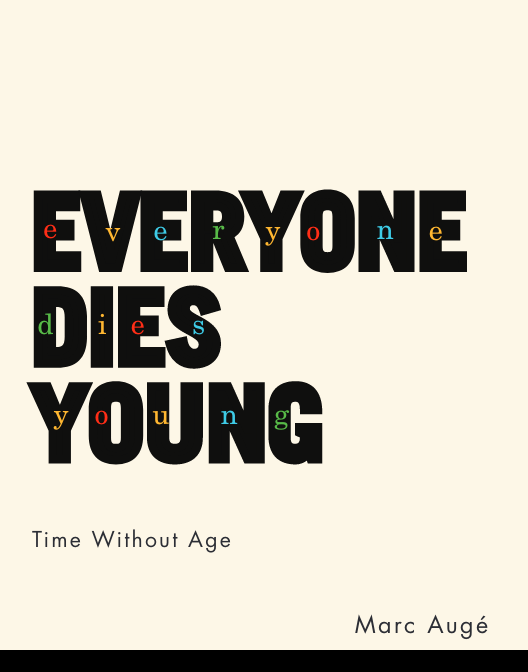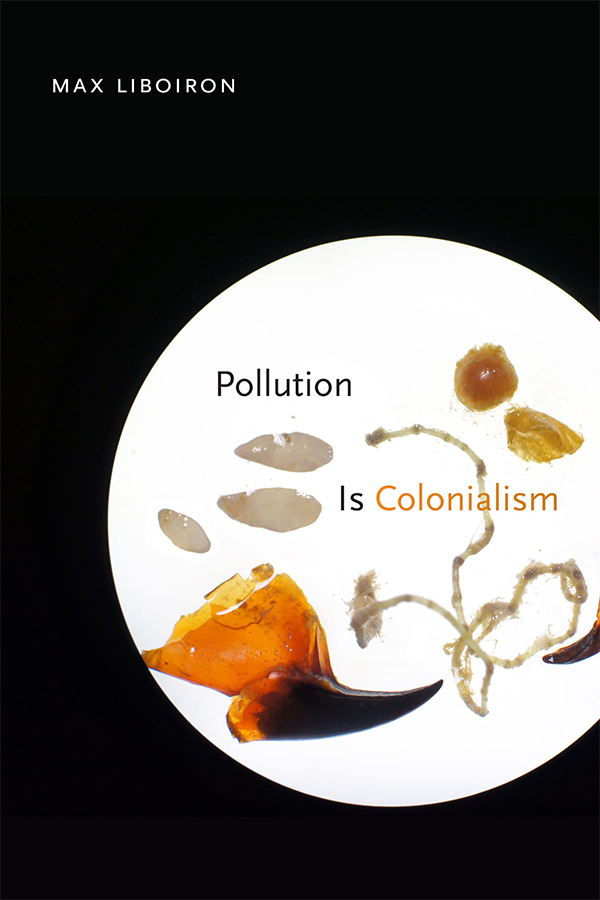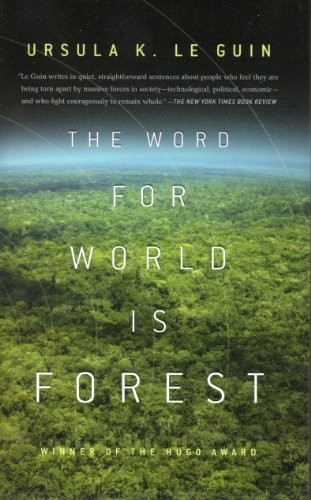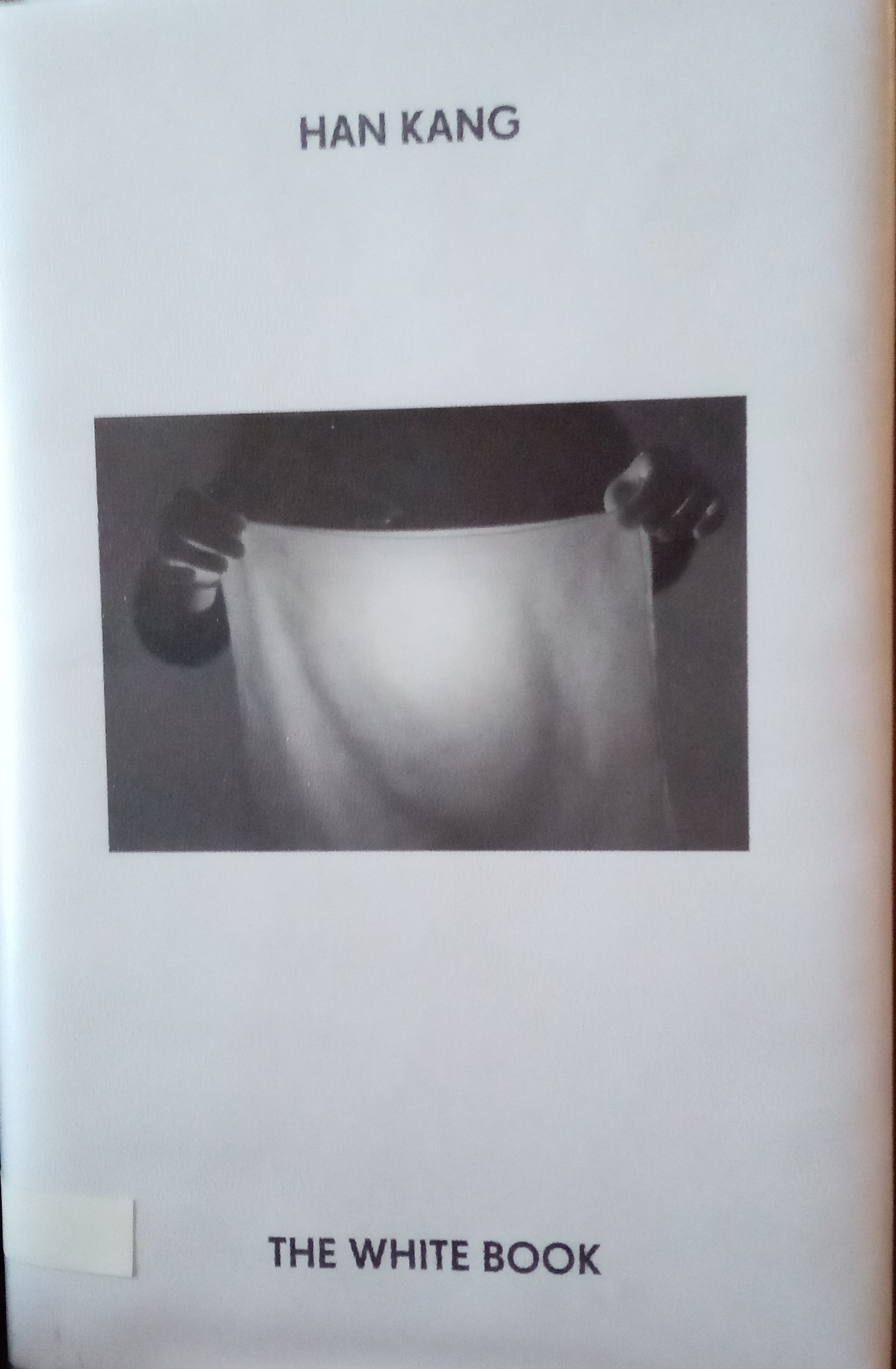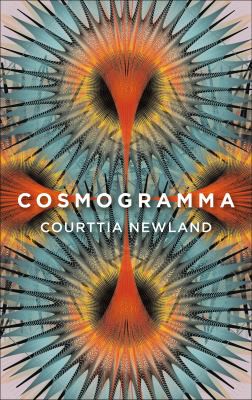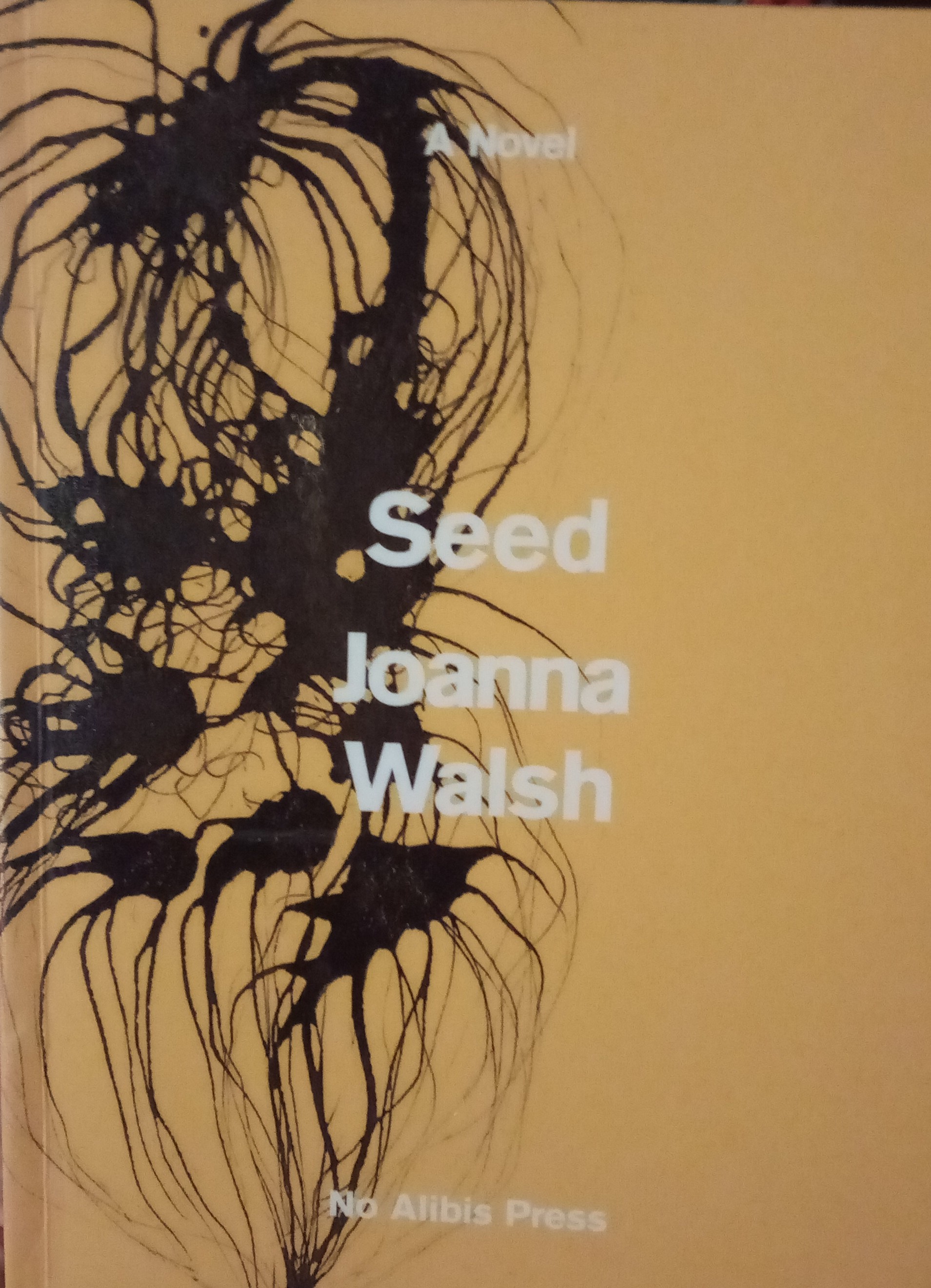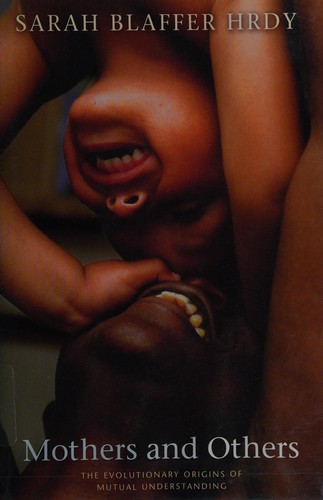Fionnáin reviewed Seven Steeples by Sara Baume
Never Really Begins
2 stars
As a fan of Sara Baume, I was looking forward to this book. In the end, I'm a little disappointed. The writing and imagination captures moments brilliantly, as always, but the book's story is not engaging and it stutters to a stop without ever really getting started. It surrounds a couple and their two dogs as they form a life in the countryside after years of city living. They are watched over by the mountain, one of several active characters in the landscape.
Despite some good moments, Seven Steeples feels a little more like a study for two actors building character for a play than a work of literature, even an experimental one. And there is also an inexplicable use of spacing at times
that seems designed to do something with beat but never seems to make sense when it's used. The overall result is a little too self-aware, with …
As a fan of Sara Baume, I was looking forward to this book. In the end, I'm a little disappointed. The writing and imagination captures moments brilliantly, as always, but the book's story is not engaging and it stutters to a stop without ever really getting started. It surrounds a couple and their two dogs as they form a life in the countryside after years of city living. They are watched over by the mountain, one of several active characters in the landscape.
Despite some good moments, Seven Steeples feels a little more like a study for two actors building character for a play than a work of literature, even an experimental one. And there is also an inexplicable use of spacing at times
that seems designed to do something with beat but never seems to make sense when it's used. The overall result is a little too self-aware, with no real enjoyment left for the reader.
